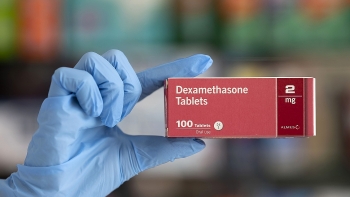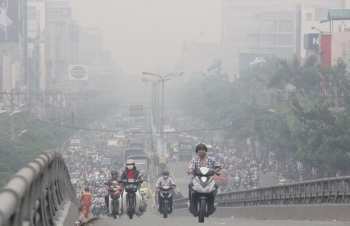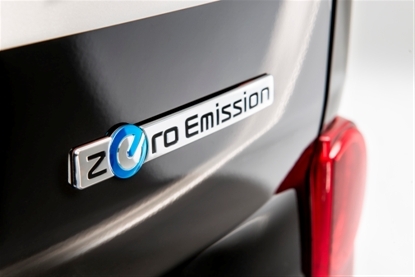Green plates for green cars: The UK pushes zero-emission transport
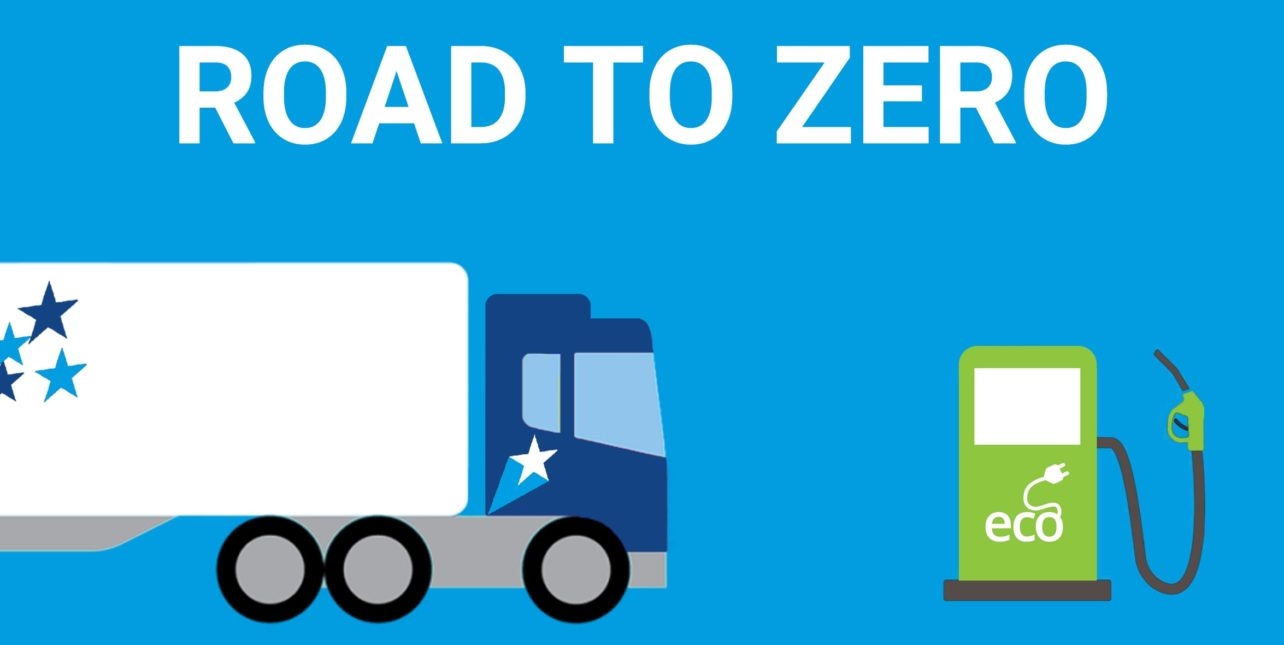 |
| The government wants the UK to lead the way in low emissions on the road. Photo: drivingtalent |
The UK Transport Secretary Grant Shapps said the plates will be introduced from autumn this year as part of a £1.5billion drive to stimulate the economy by accelerating zero-emission motoring since the country aims of becoming carbon neutral by 2050.
The plates will feature a green band on the side that can be recognised by automatic number plate recognition cameras which monitor bus lanes. Only vehicles classed as “zero-emission” will be covered and new cars will receive the plates before a retrofit scheme is developed.
According to the Department of Transportation (DfT), the plates will allow local authorities to “design and put in place new policies to incentivize people to own and drive” electric cars. Three incentives, among many others, might be considered including cheaper parking, permission to use bus lanes, and exemptions from emissions charges.
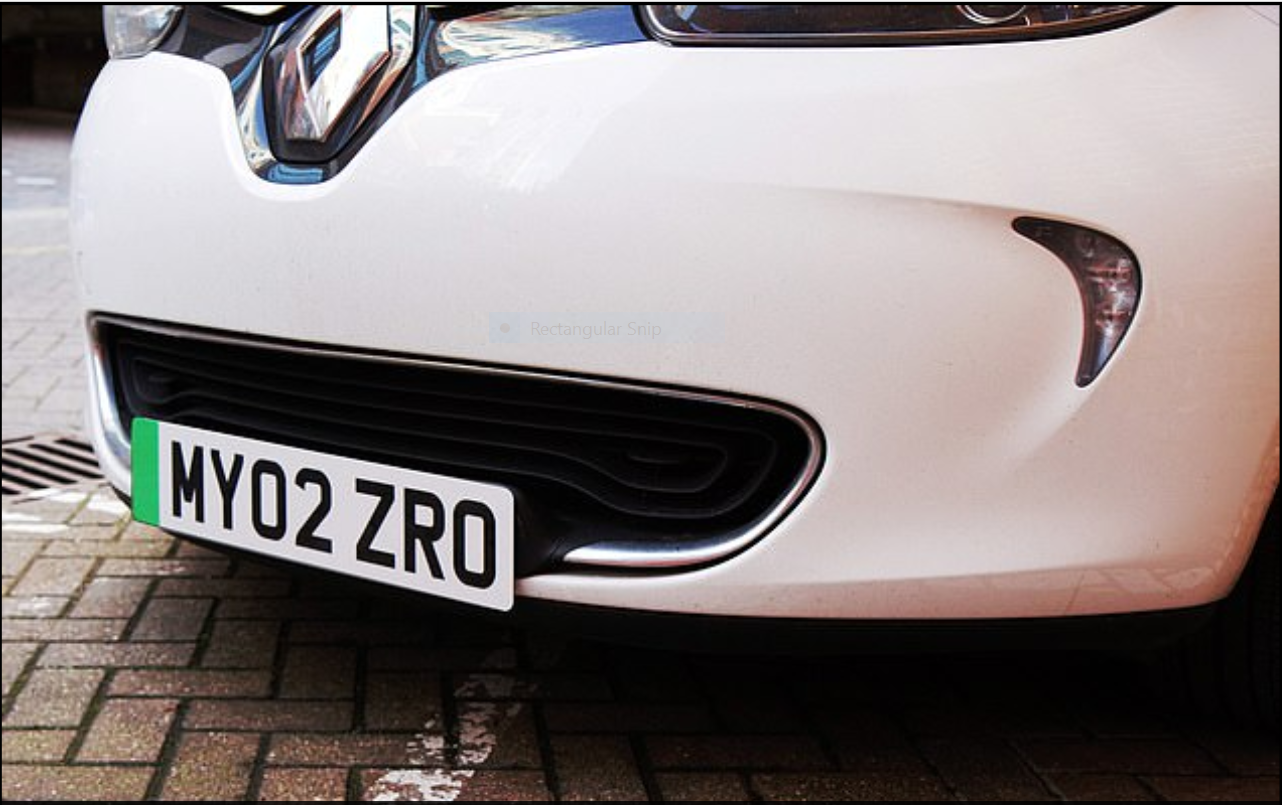 |
| Drivers of electric cars are to be given green number plates that could allow them to use bus lanes and park for free. Photo: DfT |
“Green number plates could increase awareness of cleaner vehicles on our roads”, said Mr. Shapps. “A green recovery is key to helping us achieve our net zero carbon commitments while also promoting economic growth”.
The initiatives may help the Government reach its aim of net-zero greenhouse gas emissions by 2050, but could be met with hostility from drivers of traditional combustion engine vehicles.
According to Sky News, the move to green flash number plates follows a DfT's consultation on the scheme in October last year as part of the government's £1.5bn strategy to cut road pollution.
It has not yet been confirmed whether the Government or motorists will pay for the plates, nor how much Government funding is being allocated to the scheme. However, the move will fall under the Government’s broader Covid-19 recovery plan, Transport Secretary Grant Shapps confirmed on Tuesday (16 June).
Commenting on green plates, Edmund King, President of British motoring association AA Plc, said: “Having a green flash on the number plate may become a badge of honor for some drivers. We support this concept which shows that the EV revolution is now moving from amber to green.”
In June 2019 the Prime Minister Theresa May pledged that the UK would produce net-zero greenhouse gas emissions by 2050. A key part of that promise will be to drastically reduce or eliminate vehicle exhaust fumes.
 |
| Transport Secretary Grant Shapps said the plates will be introduced from autumn as part of a £1.5billion drive to stimulate the economy by accelerating zero-emission motoring. Photo: Daily Mail |
However, the Edie network reported that several local authorities are delaying plans for clean air zones and EV initiatives as a result of the pandemic, as a result of having to divert resources to crisis planning and as journey numbers fall.
Responding to the announcement, the RAC spokesperson Rod Dennis said it was not convinced the new plates would provide much incentive for motorists to opt for greener cars: “While this is well-intentioned, we don't believe green number plates on their own will do much to make people switch to an electric car". "We'd much prefer the Government looked at things like bringing in the right financial incentives”, he emphasized.
Hugo Griffiths from Auto Express cited the Government’s independent Surveillance Camera Commissioner previously warned that green number plates could lead to “an unqualified extension to the role of ANPR”, a network that makes at least 10 billion number plate scans a year, and issues around £100 million in fines annually.
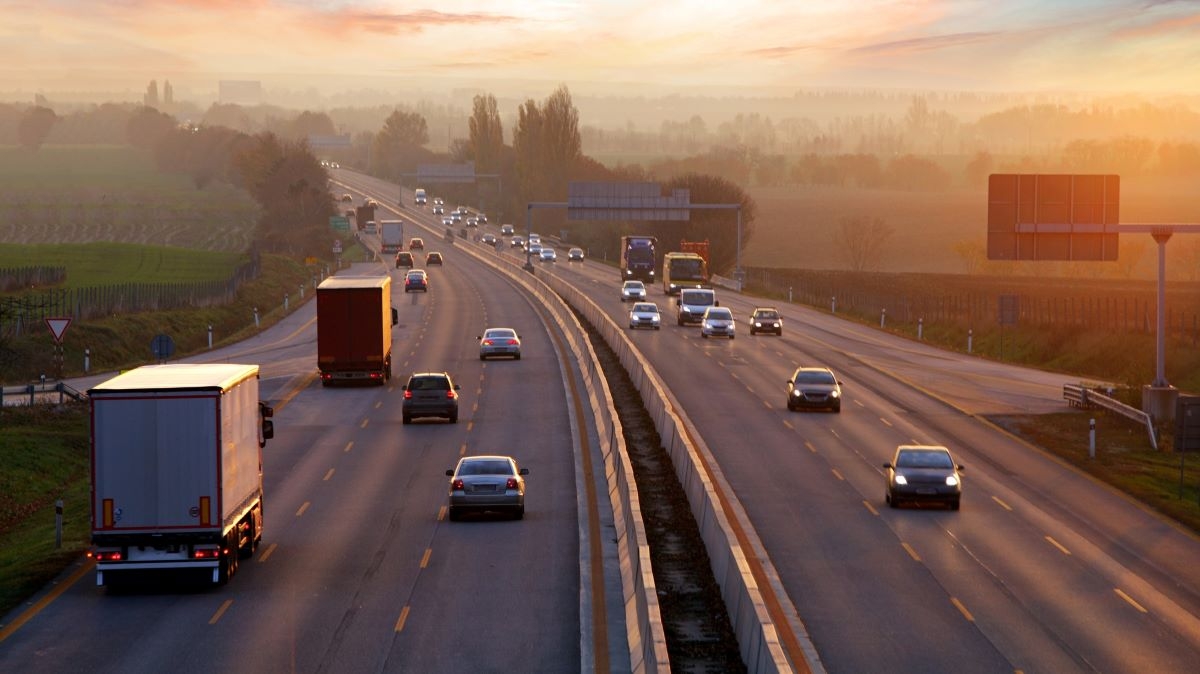 |
| The UK Government has committed to the country reaching net zero carbon emissions by 2050. Photo: energysavingtrust |
| The UK Government confirmed ambition to see at least half of new cars to be ultra-low emission by 2030 as Road to Zero Strategy released:
(Source: Gov.uk)
|
 | SNV's Programme helps reduce Vietnam's gas emission by over 3 million tons The Biogas Programme has reduced Vietnam’s greenhouse gas (GHG) emissions by over 3 million tons carbon dioxide (CO2). |
 | Initiative targets a 6% reduction of GHG emissions The implementation of the "Upscale and Mainstream Green Office Lifestyles in Vietnam" initiative is likely to reach a 6% reduction of Greenhouse gas (GHG) emissions ... |
 | USD 100,000 presented to solvers of rice cultivation with less GHG emissions The Netherlands Development Organisation (SNV) in partnership with the Thai Binh provincial Department of Agriculture and Rural Development held a conference to review the spring ... |
Recommended
 Handbook
Handbook
Vietnam Moves Up 8 Places In World Happiness Index
 Handbook
Handbook
Travelling Vietnam Through French Artist's Children Book
 Multimedia
Multimedia
Vietnamese Turmeric Fish among Best Asian Dishes: TasteAtlas
 Handbook
Handbook
From Lost to Found: German Tourist Thanks Vietnamese Police for Returning His Bag
Popular article
 Handbook
Handbook
Prediction and Resolution for the Disasters of Humanity
 Handbook
Handbook
16 French Films To Be Shown For Free During Tet Holiday In Vietnam
 Handbook
Handbook
Unique Cultural and Religious Activities to Welcome Year of the Snake
 Handbook
Handbook

